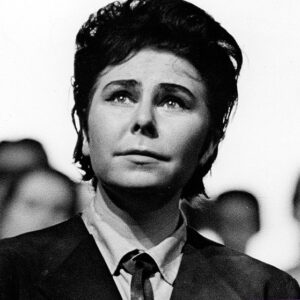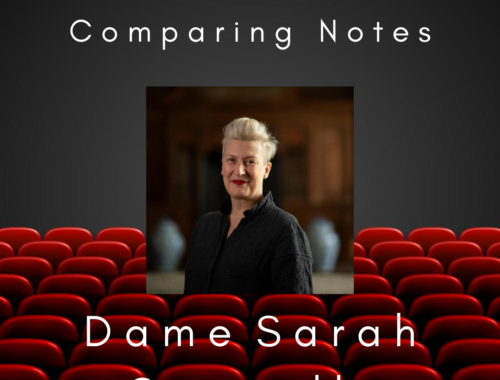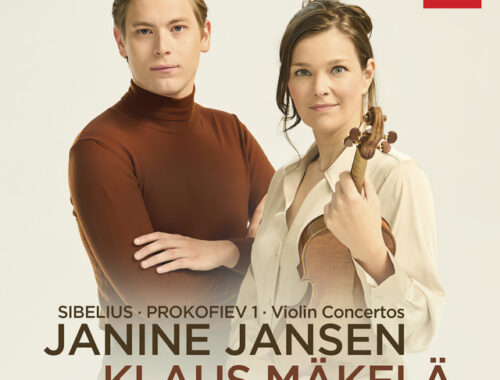GRAMOPHONE: From Where I Sit – July 2021
 Some artists leave a legacy which far transcends the excellence of their work. We remember their performances as surely as we remember the stages of our own lives and development. We remember where we were, how we felt, and how the experience coloured what came next for us. We journey with them, we savour their musicality, we share their choices. Christa Ludwig was such an artist.
Some artists leave a legacy which far transcends the excellence of their work. We remember their performances as surely as we remember the stages of our own lives and development. We remember where we were, how we felt, and how the experience coloured what came next for us. We journey with them, we savour their musicality, we share their choices. Christa Ludwig was such an artist.
I was a tender teenager when I blew all my savings on a trip to Salzburg and an enhanced price agency ticket for Beethoven’s Fidelio at the Grosses Festspielhaus. The conductor was Karl Böhm, the cast included (and it catches in my throat still) James King, Edith Mathis, Theo Adam, Hans Hotter as Don Fernando and Christa Ludwig on one of the precious few occasions she sang the role in the theatre. Böhm interpolated Leonore No 3 between the last two scenes. There was a chorus of thousands, or so it seemed, and I couldn’t speak for about an hour afterwards.
Ludwig’s Leonore was as much about the generosity of her personality as the resolve of her singing. I went forward reliving what was a life-changing experience through the famous Klemperer recording whose authority and gravitas was such as to never have us questioning his deliberate tempi. Ludwig was warm and human and heroic and she had that fabulous extension at the top of the voice that seemed to belie her mezzo status. But she was a shrewd woman and knew instinctively that the final scene of Fidelio with Florestan and Leonore hammering relentlessly away above the stave of the great choral finale was, relatively speaking, somewhat thankless wear and tear which could and would impact on the rest of her voice. Over subsequent years I have spoken to other mezzos for whom Leonore was also a scene too far.
But that top – or to be more precise, that top C – enabled Ludwig to be Istvan Kertesz’ Judith (opposite her husband Walter Berry’s Bluebeard) in Bartok’s masterpiece Duke Bluebeard’s Castle. Trust me, there are legions of mezzos who covet that role but simply don’t have that note. The note that opens the Fifth Door. The Kertesz recording is celebrated, of course (not least on account Decca’s fabulous engineering) but the performance that turned my head once and for all happened in the Usher Hall at the Edinburgh Festival where the acoustic opened casements in my imagination that the drier Festival Hall sound at home had somewhat stifled.
But the relationship with Ludwig which most impacted on my choice of career and the direction it took was the one she established with Leonard Bernstein. Ludwig’s innate theatricality appealed to Bernstein – they were two of a kind – and whether he was accompanying her at the piano in fantastical Mahler songs or invoking myriad moods from the podium, she and he found an added dimension of drama in song. She was also a good sport and the measure of high camp she brought to the ‘easily assimilated’ Old Lady in Bernstein’s somewhat over-egged rendition of his own Candide was a creation to make even RuPaul blush.
Sadly I never met Christa Ludwig – a great regret – but somehow I knew her intimately.

COMPARING NOTES WITH CASSIDY JANSON
You May Also Like

COMPARING NOTES: Dame Sarah Connolly in Conversation
17/08/2020
COMPARING NOTES WITH LEWIS CORNAY
20/04/2021
